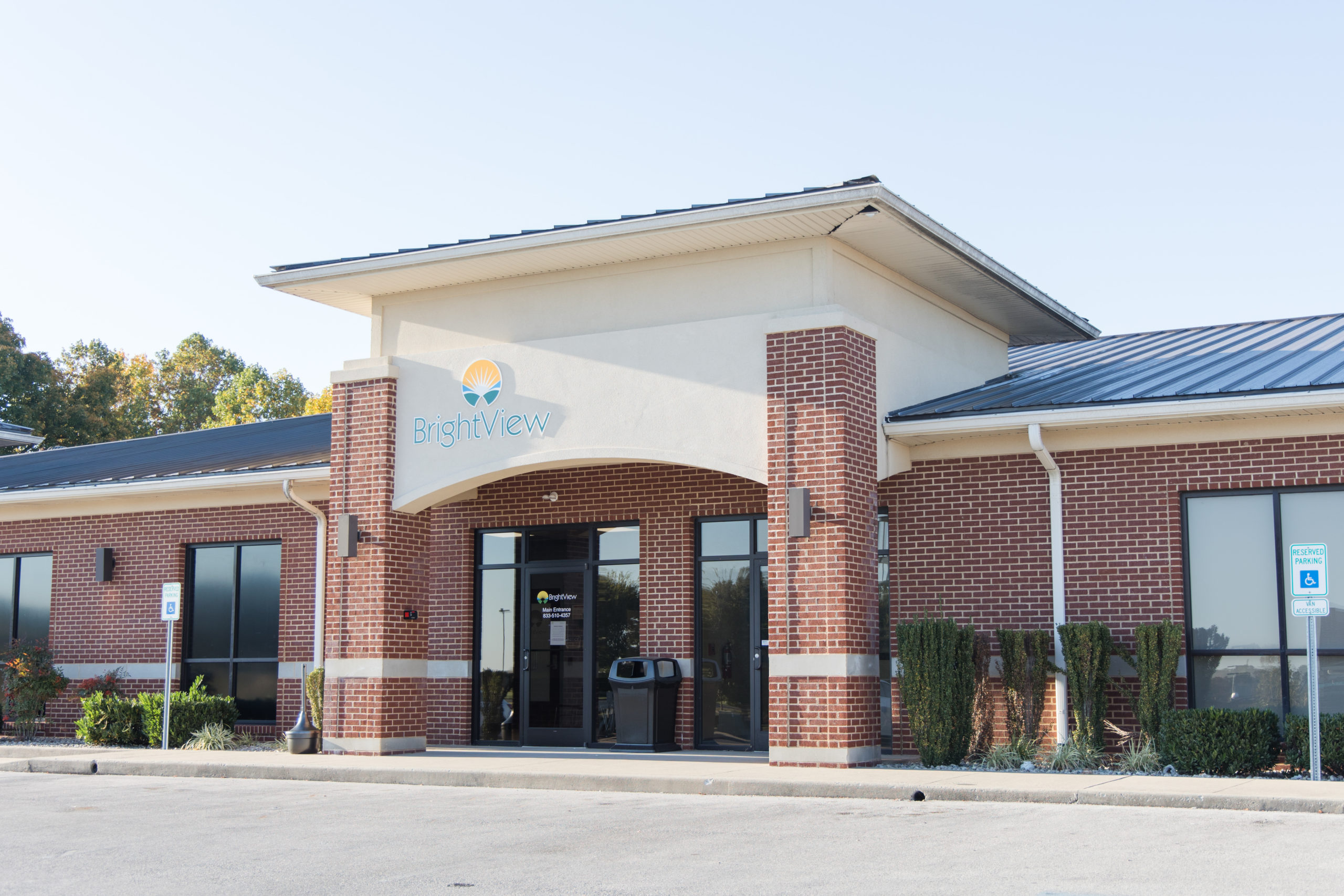Browsing the Journey of Cleansing in the Comprehensive Addiction Therapy Program
Starting the path of detoxification within the framework of a detailed dependency therapy program is a pivotal stage in the trip in the direction of recovery. The process of detoxification holds a considerable function in damaging the physical dependancy on substances and preparing the person for the succeeding phases of therapy. Nonetheless, browsing via detoxing is not simply a matter of physical cleansing; it entails a complex interplay of mental, psychological, and social factors that call for careful consideration and support. As individuals come to grips with the difficulties of withdrawal symptoms and the uncertainties that lie in advance, having a structured plan and a robust support system in position becomes paramount. In this conversation, we will explore the multifaceted aspects of detoxing within the thorough dependency treatment program and lost light on the essential elements that form this transformative trip towards recuperation.
Significance of Cleansing in Recuperation

Detoxing establishes the structure for the rest of the addiction therapy program by preparing the person for further treatment and therapy. By cleansing the body important that have actually been clouding judgment and impacting habits, detoxification makes it possible for people to approach their recuperation with a more clear mind and more powerful focus.
Furthermore, detoxing aids in managing the possibly extreme withdrawal symptoms that may arise when medicine or alcohol use is quit. Medical experts very closely keep track of people throughout detoxification to guarantee their security and offer needed assistance. With this process, individuals can begin their trip in the direction of sobriety with a supported physical and psychological state, boosting the possibility of a successful recuperation.
Understanding the Detox Refine
Cleansing, an essential component of dependency treatment programs, includes a structured procedure intended at securely eliminating dangerous substances from the body to facilitate a successful recovery journey. The detox process typically begins with an analysis to examine the individual's compound use history, physical health and wellness, and mental wellness. This evaluation assists medical care experts determine one of the most ideal detox plan tailored to the individual's demands.
Throughout detoxification, the body goes via withdrawal as it changes to the absence of the substance. Withdrawal signs vary relying on the kind of compound used, the period of usage, and specific variables. Medical supervision throughout detox is important to manage withdrawal signs and symptoms and browse around this web-site make sure the individual's safety and convenience.

Managing Withdrawal Signs

Drugs may be utilized to relieve specific withdrawal signs and reduce discomfort. Drugs like methadone or buprenorphine can help handle opioid withdrawal signs, while benzodiazepines may be made use of for alcohol withdrawal. It is important for health care service providers to meticulously monitor the individual's reaction to these drugs to ensure their safety and efficiency.
Along with medicinal interventions, helpful treatments such as therapy, peer support system, and all natural techniques like mindfulness reflection or yoga can help individuals manage the mental and psychological obstacles of withdrawal. By addressing withdrawal symptoms comprehensively, healthcare providers can enhance the detoxification experience and support people on their journey to recovery.

Assistance Solutions Throughout Detoxification
Support group play a crucial function in giving psychological and social support to individuals going through detoxing in dependency therapy programs. Throughout the detoxification read more procedure, people usually experience a variety of mental and physical withdrawal signs, making this stage difficult - Addiction Treatment Center. Having a solid support group in location can dramatically influence the person's capability to browse via detoxification efficiently
Member of the family, friends, assistance teams, and medical care experts are crucial elements of the support group. Family members and friends can offer encouragement, understanding, and a feeling of belonging throughout this difficult time. Support system give a system for individuals to get in touch with others who are going through similar experiences, supplying a feeling of neighborhood and shared understanding. Healthcare specialists, consisting of specialists, counselors, and medical professionals, play an important role in monitoring the person's progression, offering clinical support, and supplying support throughout the detox procedure.
Looking Ahead: Life After Detoxification
Having successfully completed the detoxing phase, individuals in addiction treatment programs currently concentrate on getting ready for the obstacles and possibilities that exist in advance in their journey towards healing. Life after detoxification notes a critical transition period where individuals need to proceed to construct on the progression made throughout detoxification to keep their soberness. It is necessary for people to identify that the trip towards healing is recurring and needs commitment, commitment, and a determination to accept change.
One key aspect of life after detoxification is the growth of dealing systems to handle triggers and yearnings that may develop. This might include learning brand-new abilities, such as mindfulness methods, cognitive-behavioral techniques, and stress monitoring approaches, to browse difficult situations without considering material use. Additionally, people are urged to proactively involve in ongoing therapy, support system, and aftercare programs to enhance their support network and receive advice as they browse the intricacies of life post-detox.
Verdict
Understanding the detox procedure and managing withdrawal signs are essential steps in the direction of recovery. It is crucial to identify the importance of detoxification in the procedure of overcoming dependency and relocating towards a life of sobriety.
Clinical guidance during detox is crucial to take care of withdrawal signs and symptoms and ensure the individual's security and convenience.
By understanding the detox process and its value in damaging the cycle of addiction, individuals can embark on a path in the direction of lasting recuperation.
Throughout the detox procedure, people often experience a range of mental and physical withdrawal signs and symptoms, making this stage challenging. Healthcare professionals, including physicians, specialists, and therapists, play a critical duty in checking the person's progression, offering clinical support, and providing assistance throughout the detox procedure.
Life after detoxification notes a vital change duration where individuals should continue to build on the progress made during detoxification to preserve why not try these out their sobriety.